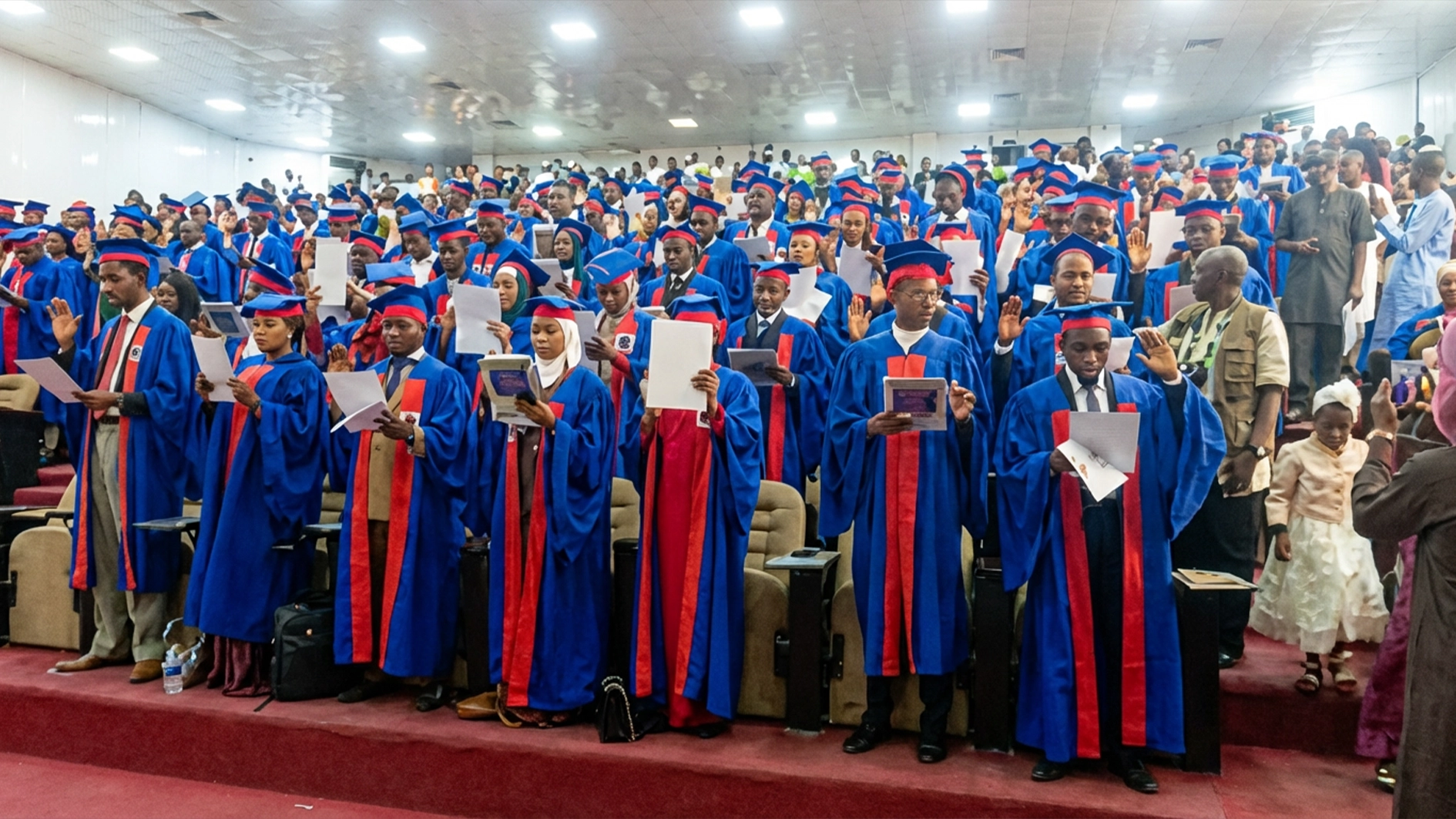The World Health Organisation (WHO) has released new guidance outlining how countries can counter the immediate and long-term effects of sudden cuts to external funding that are disrupting essential health services across the world.
The guidance, titled “Responding to the Health Financing Emergency: Immediate Measures and Longer-Term Shifts,” provides a range of policy options for countries to mitigate financing shocks, strengthen national health systems, and mobilise sustainable domestic resources for health.
According to the WHO, several countries have already taken steps to strengthen their health financing systems and protect essential services. Nigeria, Kenya, and South Africa have either allocated additional budgetary funds to health or are awaiting parliamentary approval for increases.
Specifically, Nigeria has raised its health budget by $200 million to offset aid shortfalls, with expanded allocations for immunisation, epidemic response, and priority health programmes.
WHO also cited Ghana, which lifted the cap on excise tax earmarked for its National Health Insurance Agency, resulting in a 60 per cent budget increase, and launched “The Accra Reset,” a bold framework to reimagine global governance, financing, and partnerships in health and development.
Similarly, Uganda has introduced a clear policy agenda to integrate health services and programmes, aiming to improve efficiency and sustain service delivery.
The organisation warned that external health aid is projected to decline by 30 to 40 per cent in 2025 compared with 2023, causing severe disruption to health systems in many low- and middle-income countries (LMICs).
WHO’s survey data from 108 LMICs, collected in March 2025, revealed that funding cuts have reduced access to critical services, including maternal care, vaccination, health emergency preparedness, and disease surveillance by as much as 70 per cent in some countries. More than 50 countries also reported job losses among health and care workers, as well as disruptions to health worker training programmes.
Director-General of WHO, Dr Tedros Ghebreyesus, said the sudden and unplanned aid reductions have cost lives and undermined hard-won health gains.
“But in this crisis lies an opportunity for countries to transition away from aid dependency toward sustainable self-reliance based on domestic resources,” he said. “WHO’s new guidance will help countries better mobilise, allocate, prioritise, and use funds to support health services that protect the most vulnerable.”
Ghebreyesus noted that the funding cuts have deepened long-standing challenges such as rising debt burdens, inflation, economic uncertainty, high out-of-pocket spending, and systemic underfunding of national health budgets.
The WHO guidance urges policymakers to make health a political and fiscal priority, even in times of crisis, viewing health spending not merely as a cost but as an investment in social stability, human dignity, and economic resilience.
Key policy recommendations include prioritising the health services accessed by the poorest; protecting health budgets and essential health services; improving efficiency through better procurement, reduced overheads and strategic purchasing.
Others include integrating externally-funded or disease-specific services into comprehensive PHC-based delivery models, and using health technology assessments to prioritise services and products that have the greatest health impact per dollar spent.
The new framework reinforces WHO’s ongoing commitment to help countries strengthen and sustain robust health systems, anchored in universal health coverage and strong primary care capable of delivering essential services to all who need them.






